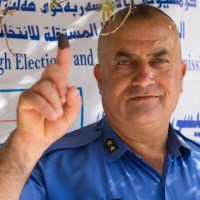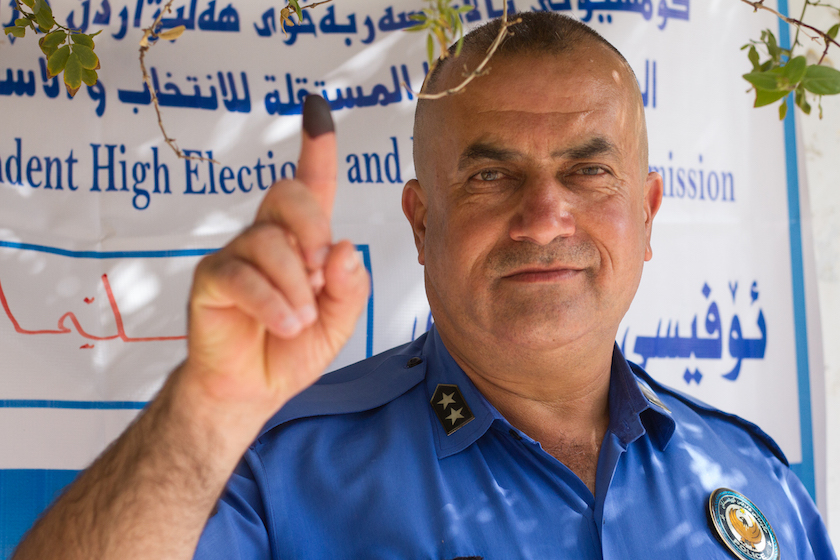On Monday, people in the Kurdistan region of Iraq voted in an independence referendum, and the results are in: it’s a “yes” for independence.
What does a “yes” vote actually mean? What will change and how will Iraqi Kurdistan’s neighbors respond? All of that is still unclear to many. There is a lot of confusion and misinformation—not to mention concerns over the actual voting process. And the fact that very few global news outlets are covering the referendum doesn’t help.
What happens in Iraqi Kurdistan matters because it could have major implications for the region and our work here. Here are a few key things to clarify what’s going on…
The vote did NOT mean immediate independence.
Many people seem confused by what the referendum would accomplish, but the “yes” vote does not mean Kurdistan is now independent from Iraq. After the vote, many here are hosting parties and filming themselves burning or shredding their Iraqi ID cards and passports.
https://twitter.com/sores2136/status/912597828987445248
In reality, the yes vote is more a symbolic affirmation than it is an administrative change. It is meant to express the will of people in Kurdistan and Kurdish-controlled territories. The Kurdistan Regional Government (KRG) has said it hopes the vote will add credibility to its push for independence and offer greater leverage as they attempt to hold talks with their neighbors—Baghdad in particular.
Baghdad is currently in no mood to talk.
Baghdad has rejected the legitimacy of the referendum and Kurdistan’s offer to talk and is instead clamping down. Under pressure to act, Iraqi Prime Minister Hayder al Abadi ordered the KRG to hand over control of its airports to the Iraqi government by this Friday or face a shutdown of international flights. Iraq’s government has urged other countries to stop international flights in and out of Iraqi Kurdistan. Iran already canceled flights and sealed its border with the region. Abadi also asked the Turkish government to shut down the border crossing at Silopi, the one gateway from Iraqi Kurdistan to Turkey and the West.
If Baghdad is able to get borders and international airports shut down, Kurdistan would be significantly isolated and its economy under threat.
Kurdish President @Masoud_Barzani calls for dialogue with Baghdad, says “there’s no need to be angry or issue threats.” #KurdistanReferendum pic.twitter.com/AAFC0AWq80
— Rudaw English (@RudawEnglish) September 27, 2017
Tensions with regional neighbors could escalate.
Perhaps the greatest economic threat to Kurdistan came from the Turkish government. In a televised speech from the capital of Ankara, Turkish President Tayyip Recep Erdogan threatened a trade blockade that would include closing an important oil pipeline, one of the Kurdistan government’s most important sources of revenue.

In fact, none of Iraqi Kurdistan’s neighbors are on board with independence. Turkey, Iran, Syria, all opposed the referendum, though the Kurdish populations in each of these countries are largely celebrating the yes vote. The Kurdistan region is completely landlocked, increasing the risk of isolation, depending on what happens next.
Whatever happens in the coming days and weeks, we push forward with you, shoulder-to-shoulder, as we have for years. Borders close. Checkpoints go on lockdown. Tensions rise and even wars break out, but we are committed to living and loving across these enemy lines, and we’re grateful to have you with us.
More to come.


